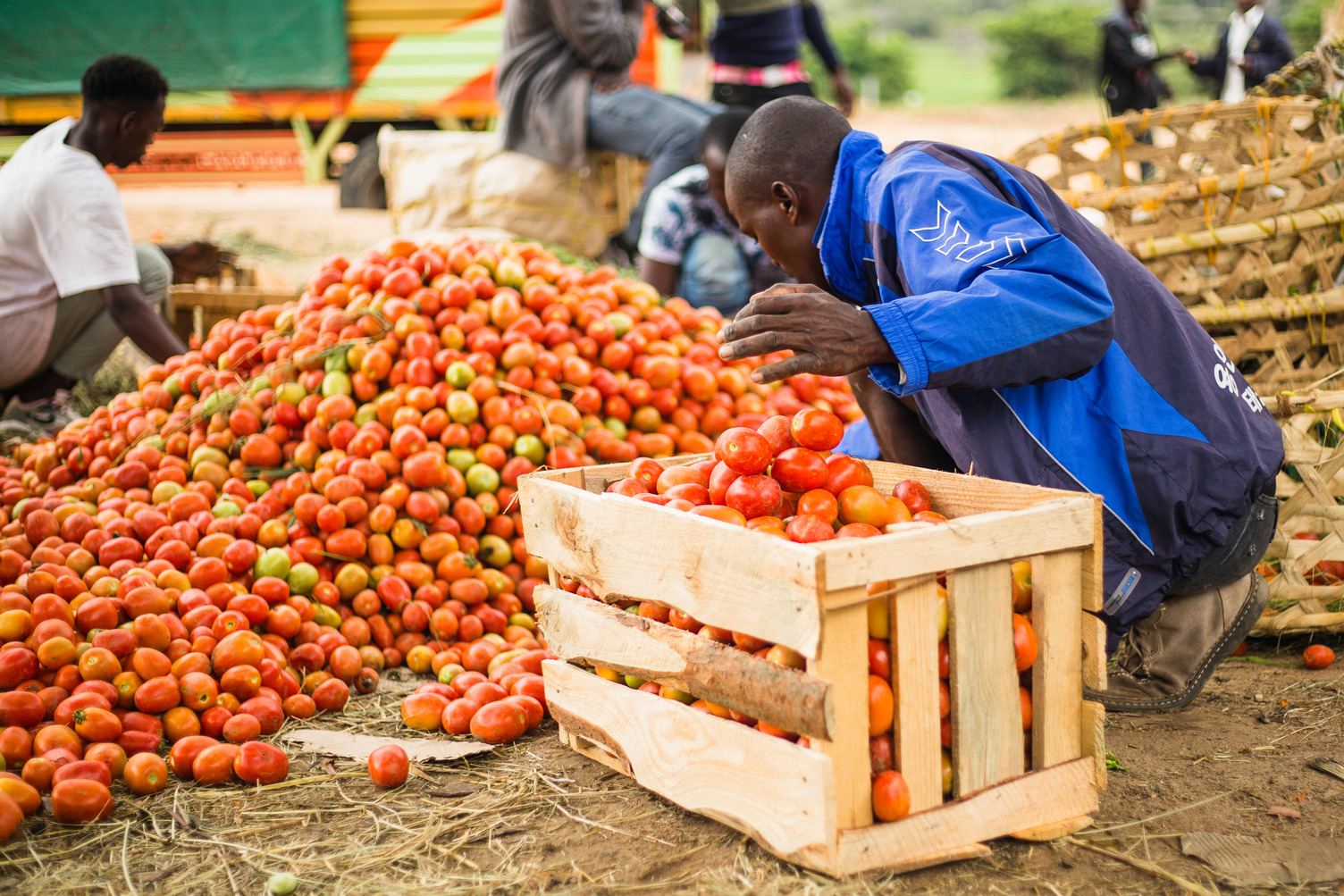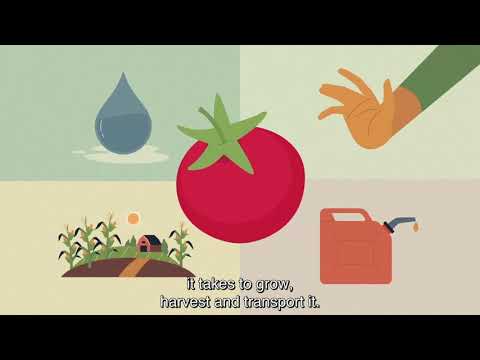New program to cut food losses in low-income countries

A new A$3M research program to reduce food loss in developing countries to help improve food security has been launched as part of an Australian-Canadian partnership.
The Food Loss Research Program will support projects in Asia, Africa and the Pacific region.
The program is co-funded equally by ACIAR and Canada’s International Development Research Centre (IDRC).
ACIAR CEO Professor Andrew Campbell said ‘We need to reduce food loss if we want to improve food security, hunger and human well-being in low-income countries.
‘If we can reduce food loss, there is more food available for those who need it. And that in turn reduces pressure on natural resources to produce the food in the first place.’
Around one-third of food produced globally is either lost or wasted, with the Future of Food Impact Roadmap identifying food loss and waste as key challenges in managing food systems within environmental limits.
In Australia and other developed countries most food is wasted by consumers and retailers. In developing countries, most food losses occur during growing, harvest, processing, storage and transportation—before it even reaches the point of sale, let alone consumers.
The starting line-up of projects under the program includes finding ways to reduce losses along the value chains of mango and tomatoes in Sri Lanka and Pakistan; horticultural produce in the Pacific region; and catfish in Vietnam and Lao PDR. Food loss affecting vulnerable urban communities in Zambia and Malawi will also be investigated.
‘Reducing food loss in developing countries will help combat hunger, raise incomes and improve food security,’ said IDRC President Dr Jean Lebel.
‘Additionally, reducing food loss has environmental benefits by reducing the waste of resources, such as land, water, energy, and inputs, and reducing unnecessary carbon emissions.’
ACIAR and IDRC have worked together to invest in and support international agricultural research for development jointly since 2013.
The Food Loss Research Program marks their latest collaboration.
‘By working together, we have a wider reach and a bigger impact,’ said Professor Campbell.
Dr Lebel adds that the ACIAR-IDRC partnership also supports the development of both countries’ international research networks that deliver benefits domestically too.
The program was launched as part of a United Nations Food Systems Summit Dialogue that was co-hosted by ACIAR and IDRC. The Dialogue brought together research leaders from around the world to discuss the global problem of food loss and advance foresighting to identify innovative pathways to reduce it.




